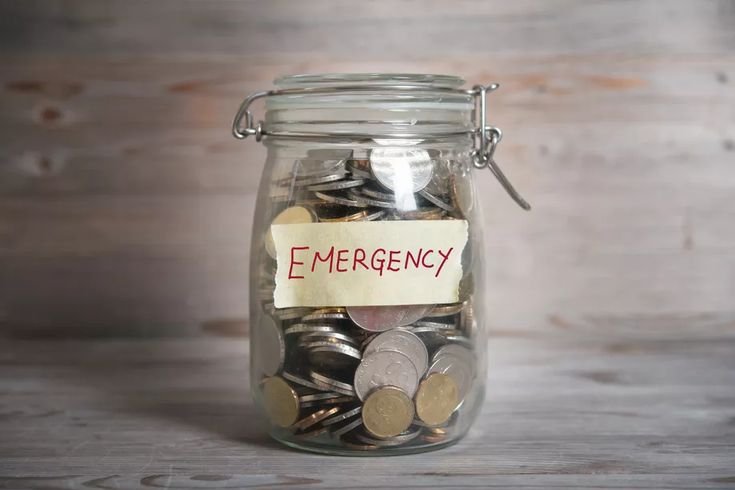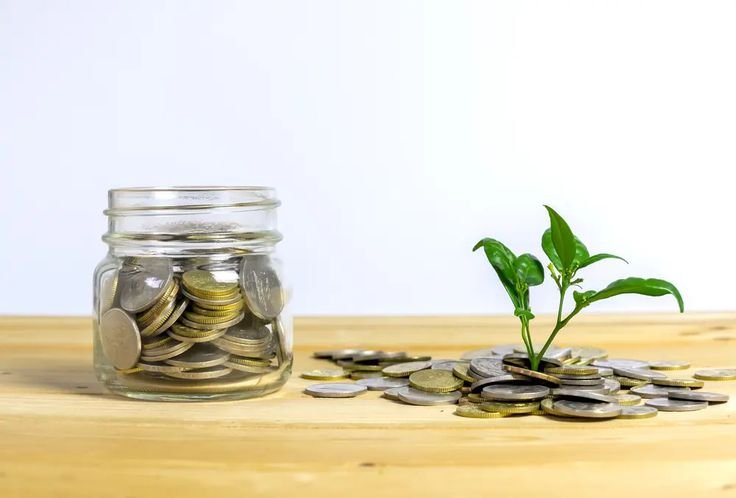
Debt can feel like a heavy burden, weighing you down and making it difficult to achieve your financial goals. However, with the right strategies, paying down debt and regaining control of your financial future is possible. Effective debt repayment requires a combination of planning, discipline, and motivation. Here, we’ll explore various methods to help you tackle debt and stay committed to repayment.
Understanding Your Debt
The initial step in any debt repayment program is understanding the full scope of your debt. Record all your debts, including credit card balances, personal loans, student loans, and other obligations. Note each debt’s interest rates, minimum monthly payments, and due dates. This comprehensive overview will help you prioritize repayment efforts and develop a clear action plan.
Creating a Budget
A well-structured budget is essential for effective debt repayment. Start by analyzing your income and expenses to see where your monthly money goes. Consider areas where you can decrease non-essential spending and redirect those funds toward your debt. A budget will assist you in supervising your finances more efficiently and ensure you have enough money to meet your debt repayment goals.


Choosing a Debt Repayment Strategy
Several popular debt repayment strategies are available, each with its advantages. One effective method is the debt snowball approach, which involves paying off your shortest debts first while making minimum payments on larger ones. This plan provides a psychological boost as you quickly eliminate smaller debts, creating a sense of accomplishment and momentum.
Alternatively, the debt avalanche method prioritizes paying off debts with the highest interest rates first. This approach can save you more interest over time, though it may take longer to see the initial progress. Choose the plan or strategy that best aligns with your financial situation and personal preferences.
Consolidating Your Debt
Debt consolidation can be a valuable tool for running multiple debts. By consolidating your debts into a single loan with a lower interest rate, you can simplify your payments and reduce the overall interest you pay. Options for consolidation include personal loans, balance transfer credit cards, and home equity loans. Be sure to compare terms and fees to find the best choice.
Negotiating with Creditors
If you struggle to keep up with your debt payments, consider negotiating with your creditors. Many creditors will work with you to create a more manageable repayment plan. This might include lowering your interest rate, waiving fees, or extending your repayment period. Keep in touch with your creditors directly to discuss your options and demonstrate your commitment to repaying your debt.

Increasing Your Income
Boosting your income can significantly accelerate your debt repayment efforts. Look for opportunities to earn extra money, such as working part-time, freelancing, or selling unused items. Use any additional income to make larger payments toward your debt, helping you pay it off more quickly.
Staying Motivated
Staying motivated throughout your debt repayment journey can be challenging but crucial for long-term success. Set specific, achievable goals and celebrate your progress along the way. For example, treat yourself to a small reward when you pay off a particular debt or reach a significant milestone. Keeping a visual representation of your progress, such as a debt repayment chart, can help you stay focused and motivated.
Seeking Support
Don’t hesitate to seek support from friends, family, or financial professionals. Sharing your aims, goals, and progress with someone you trust can provide encouragement and accountability. Further, a financial mentor or credit counselor can propose personalized advice and strategies to assist you in managing your debt more effectively.
Building an Emergency Fund
An emergency fund is a vital component of any debt repayment plan. Unexpected expenses can derail your progress if you’re not prepared. The main idea is to save at least three to six months of living expenses in a separate, easily available account. This fund will provide a cushion, allowing you to continue making debt payments despite unexpected costs.


Practicing Financial Discipline
Financial discipline is critical to successful debt repayment. Avoid taking on new debt while working to pay off existing balances. This means avoiding the temptation to use credit cards for non-essential purchases or take out loans for discretionary expenses. Focus on living within your means and sticking to your budget to achieve your debt repayment goals.
Exploring Debt Relief Options
If your debt situation is severe and you’re struggling to progress, it may be worth exploring debt relief options. Debt management plans, debt settlement, and bankruptcy are potential solutions, but they have significant consequences and should be considered carefully. Consult with a financial professional to understand the implications and determine your situation’s best action.
Maintaining a Positive Mindset
Maintaining a positive mindset is essential for staying motivated and focused on your debt repayment journey. Remind yourself of the benefits of becoming debt-free, such as reduced financial stress, improved credit score, and the ability to achieve your long-term financial goals. Visualize your debt-free future and use that vision to fuel your determination.
Continuously Monitoring Your Progress
Regularly monitoring your progress is essential for staying on track. Review your budget and debt repayment plan monthly to ensure you’re making the expected progress. Adjust your plan as needed to account for changes in your financial situation or goals. Staying actively engaged with your repayment plan will help you stay motivated and make any necessary adjustments.


Educating Yourself About Personal Finance
Personal finance can empower you to make informed decisions and avoid future debt. Take advantage of books, online courses, podcasts, and workshops to enhance your financial literacy. Understanding key concepts like budgeting, investing, and credit management will help you build a solid financial foundation and prevent future economic challenges.
Planning for a Debt-Free Future
Start planning for your debt-free future as you work toward paying off your debt. Consider how you will use the previously allocated money for debt payments. Whether saving for retirement, building an investment portfolio, or achieving other financial goals, having a plan will help you maximize your newfound financial freedom.
Final Thoughts
Paying down debt and staying motivated is a challenging but achievable goal. You can regain control of your finances by understanding your debt, creating a budget, choosing the right repayment strategy, and maintaining financial discipline. Stay committed to your plan, seek support when needed, and keep your long-term financial goals in mind. With determination and the right strategies, you can successfully pay down your debt and enjoy the benefits of economic freedom.

Leave a Reply